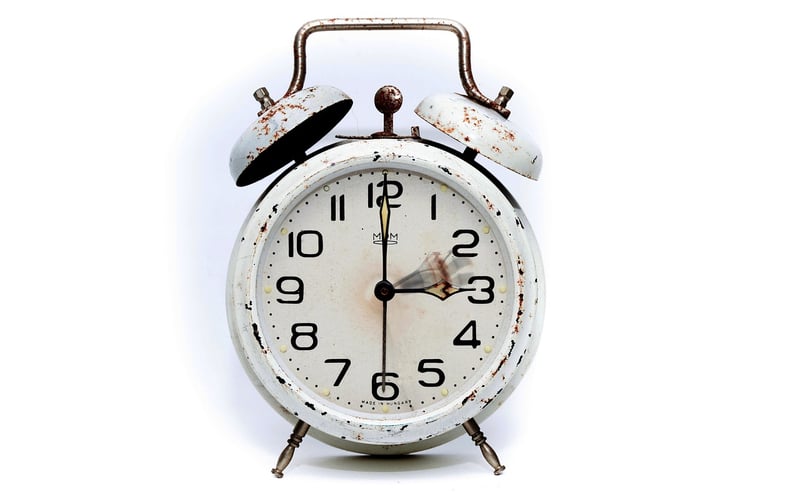Time Travel Ethics
Understanding Time + Time Travel Ethics
The Concept of Time
Time is a fundamental aspect of our existence, influencing every facet of our lives. It is a dimension in which events occur in a sequence, and it plays a crucial role in shaping our past, present, and future.
Time Travel - A Fascinating Idea
The concept of time travel has long captivated the human imagination, featured in countless works of science fiction. The idea of journeying through time, witnessing historical events, or exploring the future is both thrilling and thought-provoking.
Types of Time Travel
- Forward Time Travel: Moving ahead in time at a rate faster than 1 second per second.
- Backward Time Travel: Revisiting events in the past, potentially altering outcomes.
- Parallel Universe Time Travel: Traveling to alternate realities or parallel universes.
The Ethics of Time Travel
While the idea of time travel sparks excitement, it also raises ethical dilemmas that must be considered.
Temporal Disruption
Changing events in the past could have unforeseen consequences, altering the course of history and impacting the lives of countless individuals.
Respecting the Timeline
Should time travelers observe a non-interference policy to preserve the integrity of the timeline, or is it acceptable to make changes for the greater good?
Butterfly Effect
The butterfly effect theory posits that even small changes in the past can have significant repercussions in the future, leading to unpredictable outcomes.
Conclusion
Time travel, while a captivating concept, comes with a host of ethical considerations that must be carefully weighed. As we continue to explore the possibilities of time travel in fiction and theory, it is essential to reflect on the potential impacts of altering the fabric of time.

For more insights into the world of time and time travel, check out Wikipedia's Time Travel page.
